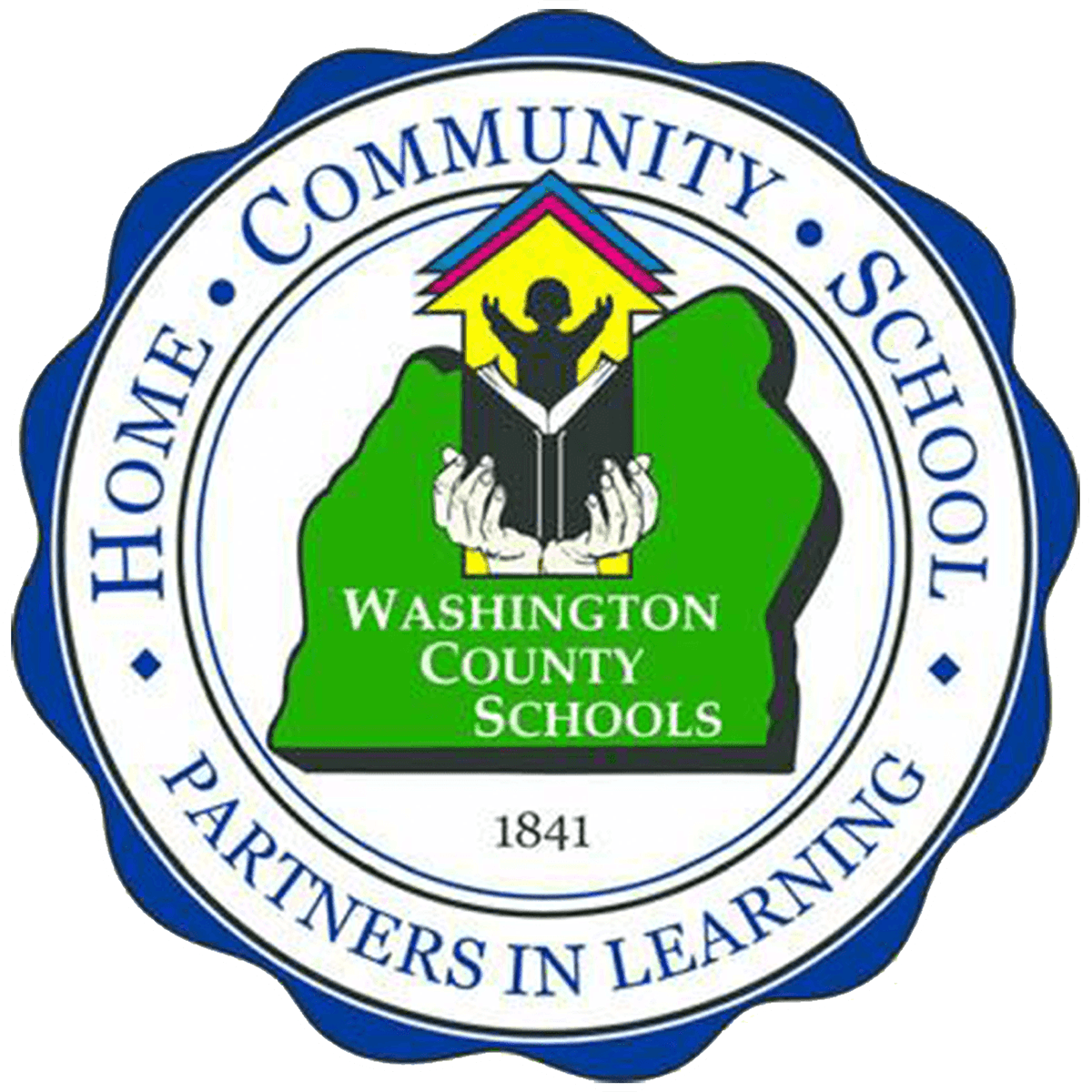Skip to content
Show submenu for WCMS Highlights
WCMS Highlights
About WCS
School Improvement Team
About Us
Show submenu for Academics
Athletics
Show submenu for Resources
Show submenu for Quick links
Quick links
Teacher Qualifications 2023-2024
Show submenu for
